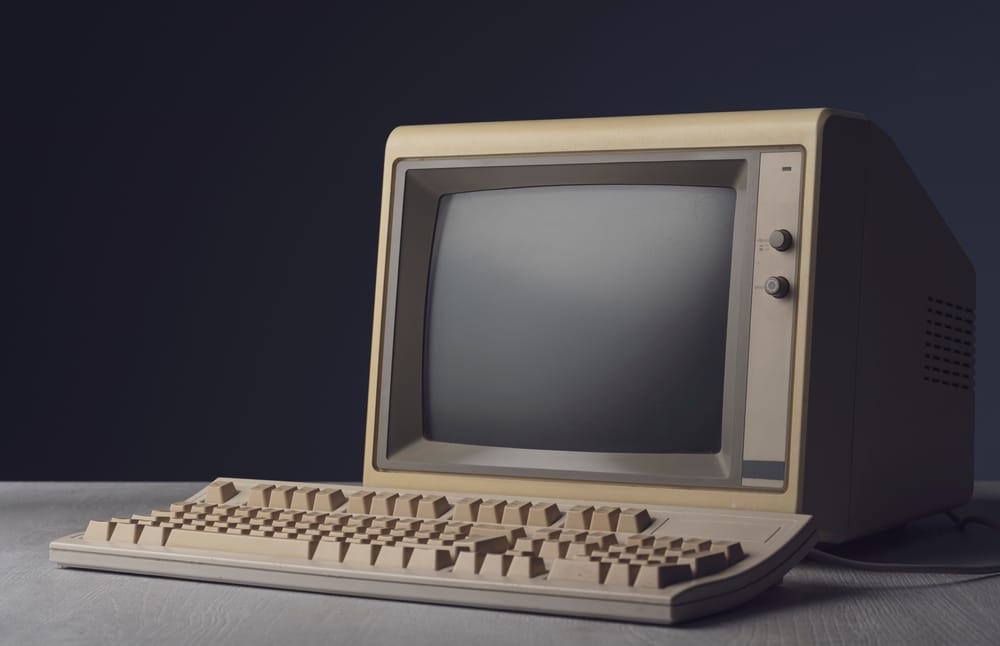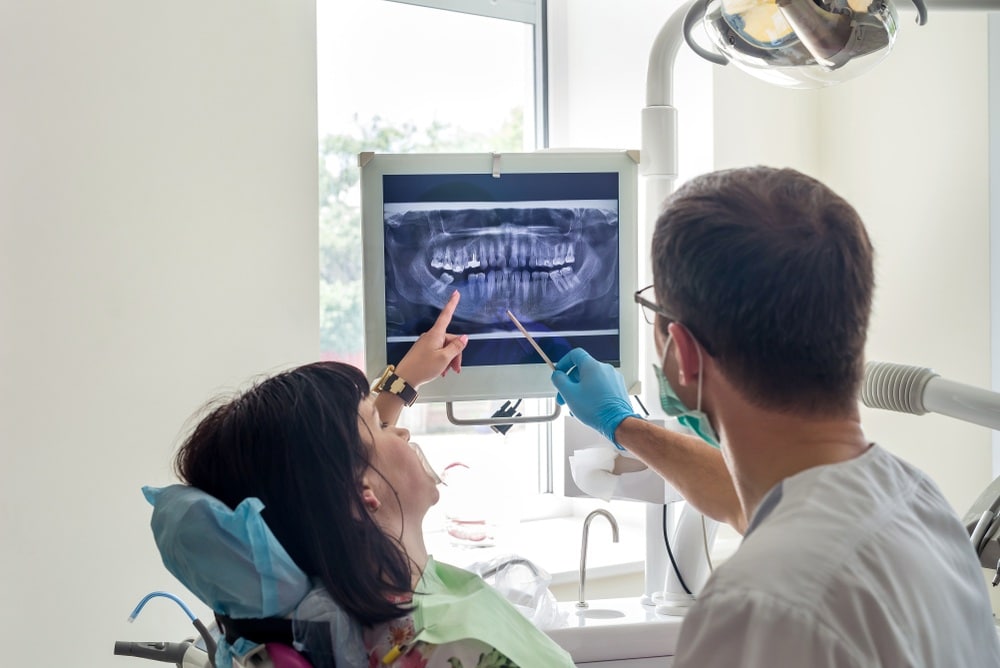There is nothing more frustrating than slow computer technology in a busy dental practice setting. A responsive system helps expedite patient management flow, crucial services, and basic workstation tasks. If your computer service is lagging, it may be time to examine the network as a whole and take the needed steps to improve performance.
Slow computers with long load times and tedious connectivity issues can affect efficiency and general patient satisfaction. It only makes sense to identify the causes of network drag and employ practical solutions for lasting results.
Identifying Why A Dental Practice’s Computer Is So Slow
One of the first actions to take when experiencing workstation computer lag is to determine the cause or causes. There are several possible reasons why your dental practice’s computer network is experiencing a less than speedy response. It doesn’t always mean you have to invest the time or expense of updating your entire network. Despite the complexities of office technology, a simple solution might be available once existing problems are identified.
Existing Apps and Programs Can Slow Computers Down
Sometimes certain programs automatically load at start-up. Many programs and apps, even those you might have forgotten about, use a lot of memory. It can result in slow computer uploading and downloading as well as making switching between regularly used programs more time-consuming than it should be. Checking for memory-hogging applications that are rarely used and removing them frees up RAM for faster workstation functionality.
Servers Play a Large Role in Computer Performance
Servers have various hardworking roles in the network including authenticating and establishing credentials, file serving, and database serving. The many functions of servers are particularly relevant in dental practices where multiple workstations are being used at the same time. Client/server networks, which you are likely to find in most offices, need enough RAM and CPU power to maintain speedy performance.
Outdated Hardware Might Be the Cause of the Problem

Updating the hardware on older dental practice computers could be worth the effort. There are several hardware components to consider and one or more might possibly benefit from an upgrade. Your computer’s storage drive can easily become bogged down with everyday documents and unnecessary files. An out-of-date storage drive or too little RAM memory will affect performance and speed.
Malware Issues or Viruses Cause Workstation Woes
Malware can have a significant negative impact on how your dental practice computer performs. If your workstation computer is running slower than usual, some form of cyber infection could be the culprit. It’s difficult to know what type of spyware or rogue software might have been inadvertently installed. It is well worth investigating the possibility of malware as the source of a slow computer since the solutions are simple enough.
How to Improve Performance in Slow Dental Office Computers

There are practical steps you can take once you determine the cause of computer lag in your network. Depending on the user needs of your dental practice, bringing a slow computer up to speed is as smart as it is good for your bottom line. Improving the performance of your computer might be easier than you think.
- Disable unnecessary start-up programs: Access the computer’s Task Manager to see for yourself which start-up programs are using the most CPU and sapping memory. Press the Ctrl, Alt, and Delete keys at the same time to bring up the Task Manager, choose any unnecessary programs you find, and delete them.
- Defragment your hard drive: Your data is stored on the hard disk drive in several small groups before it moves to RAM to be accessed by your programs. Defragmenting helps organize your system so the data is found more quickly. It can make a big difference in how fast your computer runs. The defrag tool is easily accessed under Administrative Tools from the Control Panel.
- Consider using dedicated servers: A dental practice’s computer system often faces heavy traffic. A dedicated server generally provides faster loading times since resources don’t have to be shared on a network. It is important to make sure the server has enough RAM and CPU power. Shared servers are also more susceptible to security breaches than those with a single user.
- Add more memory to your computer: Every time someone in the office takes any action on the computer, memory is being used. Updating or installing more memory (RAM) can make all the difference in how your computer responds. The faster the RAM, the faster the processing speed is and more programs can be run efficiently at the same time.
- Keep antivirus software up to date: New viruses are constantly popping up so it is a good idea to regularly update to the latest antivirus software. Dental practices benefit greatly from state-of-the-art antivirus protection on every office workstation. Managing antivirus updates is a practical way to prevent ransomware infections, thwart security breaches, and keep away slow computer problems.
Let Erickson Dental Technologies Take Care of the Details
You don’t have to deal with the frustration of a slow computer in your dental office. Erickson Dental Technologies offers a wide range of IT solutions designed to keep your practice running smoothly. Contact us anytime and let us know how our friendly team can be at your service.


